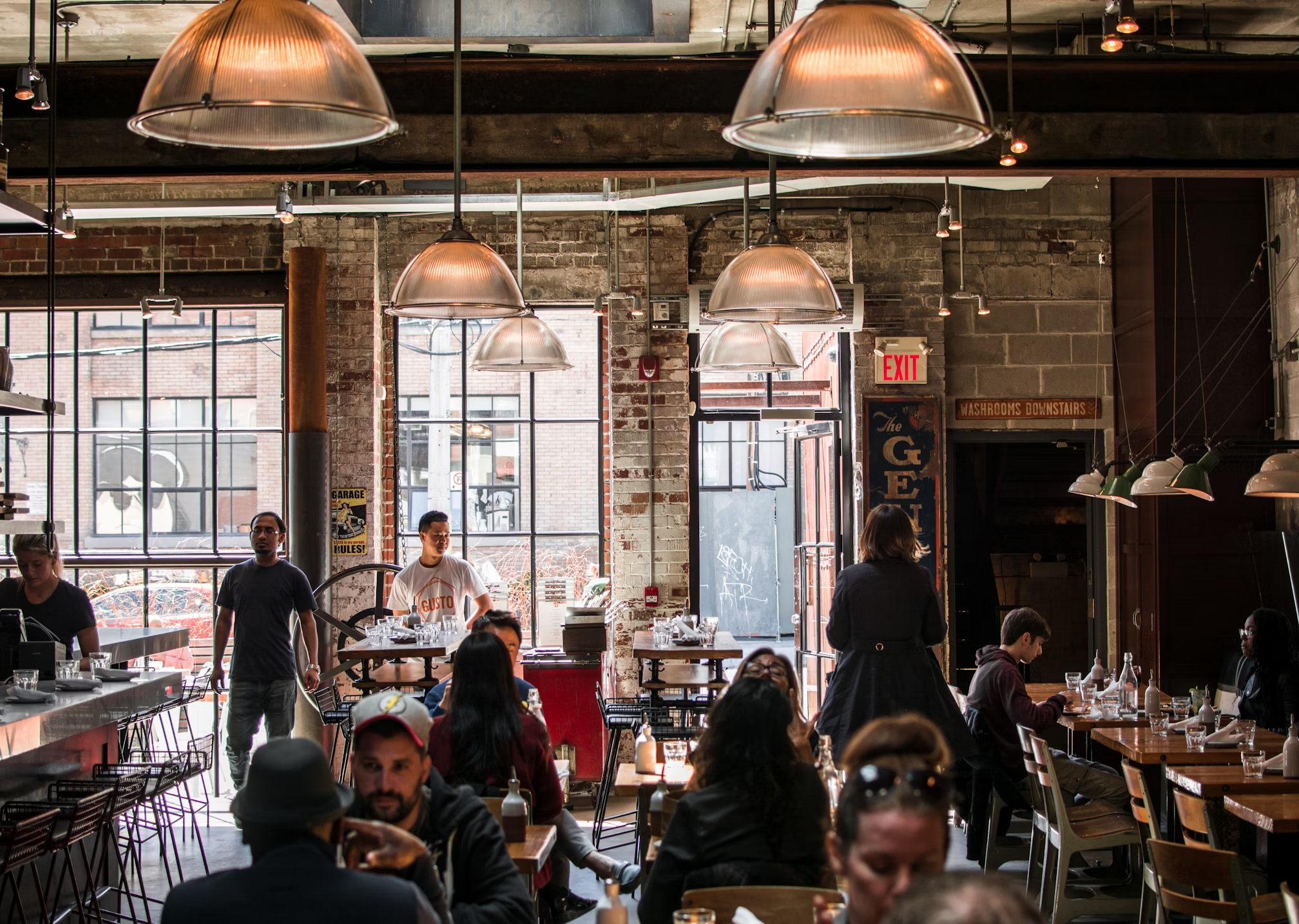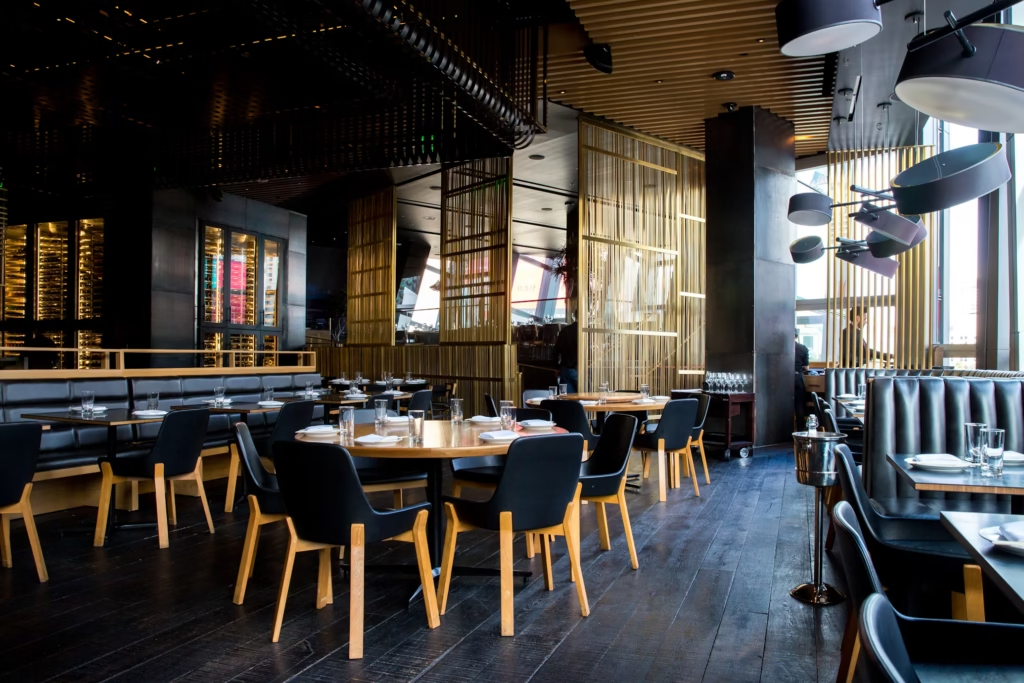
Running a restaurant might sound like a glamorous dream. Who wouldn’t want to create a cozy café, a trendy taco truck, or a Michelin-starred dining experience? But behind the scenes, it’s one of the toughest businesses to keep afloat. That’s what makes restaurant success stories so inspiring—and educational for business students.
For students dreaming of entrepreneurship, restaurants offer a treasure trove of lessons. From branding and marketing to managing costs and creating an unforgettable customer experience, every successful restaurant has a story packed with insights. These stories can teach you what.
Of course, it’s not all about the wins. Restaurant owners face countless challenges, from tight profit margins to changing customer preferences. By diving into their experiences, you’ll gain a realistic understanding of the ups and downs of running a business!
For students juggling studies and aspirations, learning about these challenges can help you prepare for what lies ahead. Whether you’re tackling a group project, seeking essay help for students, or writing a paper, understanding the complexities of running a business builds your problem-solving muscles.

Lessons from Successful Restaurant Stories
When you think of successful restaurants, what comes to mind? Maybe a fast-food empire like McDonald’s or a local favorite in your neighborhood. Each success story has its own unique blueprint, but some common themes stand out.
One key lesson is the importance of branding. Take Chipotle, for example. Its focus on fresh, high-quality ingredients and ethical sourcing turned it into a household name. The lesson here? Your brand isn’t just a logo—it’s your identity. It tells people what you stand for and why they should choose you.
Another takeaway is adaptability. Restaurants like Starbucks didn’t just sell coffee—they created an experience. They adapted to trends, such as offering mobile ordering, to stay ahead. As a business student, this teaches you to listen to your customers and be ready to pivot when necessary.
Why Restaurants Are So Hard to Run
While restaurant success stories are inspiring, it’s important to know the other side of the coin. Restaurants are notoriously difficult to keep afloat, with many closing within their first year.
The reasons are many—thin profit margins, high competition, and the pressure of managing food quality, staff, and customer satisfaction all at once. For students, this is a reminder that running a business isn’t just about the idea; it’s about execution.
One of the biggest challenges is cash flow. The costs of rent, ingredients, and labor add up fast. On top of that, if you don’t have a steady stream of customers, it can be hard to break even. This shows why budgeting and financial planning are critical skills for any business owner.
What to Know Before Starting a Restaurant
If opening a restaurant is on your bucket list, there are a few things you need to know beforehand.
First, do your homework. Research the market, your potential customers, and your competitors. This step is non-negotiable. Understanding what people want and how your business can fill a gap is the foundation of success.
Second, embrace the numbers. Business isn’t just about creativity; it’s also about math. Learn how to manage budgets, analyze profits, and cut costs without sacrificing quality. Even the best restaurant ideas can fail if the finances aren’t handled well.
Finally, focus on creating an experience, not just a meal. Restaurants that succeed often offer something beyond good food—they create memories. Think about how you can make your future customers feel special, whether through excellent service, unique décor, or little personal touches.
Applying Lessons from Restaurants to Other Businesses
Even if you’re not planning to start a restaurant, the lessons still apply. Every business needs a strong brand, good customer service, and the ability to adapt to change.
For example, if you’re considering a career in marketing, studying how restaurants use social media can teach you how to engage an audience. If your interest lies in finance, analyzing restaurant costs can sharpen your budgeting skills.
Restaurants are like a crash course in entrepreneurship. By studying their successes and failures, you’ll gain tools that can be used in any industry!
The Importance of Resilience
Another big takeaway from restaurant success stories is resilience. Owners often face setbacks like bad reviews, supply chain issues, or even natural disasters. Yet, many bounce back stronger.
As a business student, this teaches you that failure isn’t the end—it’s a stepping stone. Every mistake is a chance to learn and grow. The key is to stay focused, adapt quickly, and keep moving forward.
Building Your Own Blueprint
If you’re serious about starting your own business someday, now is the time to start building your blueprint. Think about what inspires you. Is it the fast pace of a restaurant? The creativity of designing a menu? Or maybe the challenge of managing a team?
Take small steps to develop the skills you’ll need. Join a student organization, take on leadership roles, or even get a part-time job in the food industry. The more hands-on experience you gain, the better prepared you’ll be.
Don’t forget to seek out mentors! Many successful business owners are happy to share their wisdom with students. Their advice can guide you and help you avoid common pitfalls.
Final Thoughts
The stories of successful restaurants are more than just tales of tasty meals—they’re blueprints for running a business. By learning from their experiences, you can gain valuable insights into branding, adaptability, and resilience.
Starting and running a business, especially a restaurant, isn’t easy. But with careful planning, a willingness to learn, and a touch of creativity, it’s possible to turn challenges into opportunities.
So, whether you’re dreaming of opening your own café or simply want to sharpen your business skills, dive into these stories. They’re full of lessons that can guide you on your entrepreneurial journey. Remember, every great business starts with a great idea—and the courage to make it happen!


